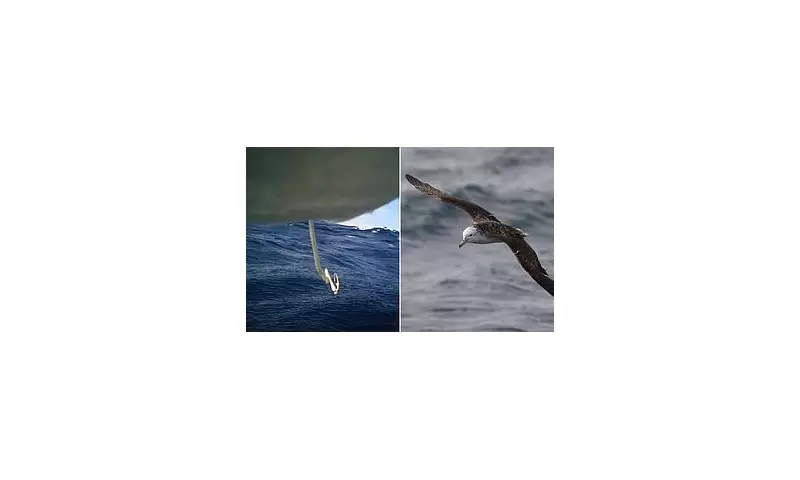
In a discovery that could rewrite the textbooks on avian flight, researchers have found that seabirds possess an extraordinary ability to stay airborne for up to four minutes without flapping their wings—and it’s all down to their poo.
A team of scientists studying the flight patterns of gulls and albatrosses observed that these birds strategically release their droppings mid-flight to reduce weight and maintain momentum. This clever biological trick allows them to glide effortlessly over vast ocean distances, conserving energy for hunting and long migrations.
The Science Behind the Splat
Using high-speed cameras and motion-tracking technology, researchers documented how the birds’ excretions create a mini-thrust effect, similar to a rocket’s propulsion. By lightening their load at just the right moment, seabirds gain an aerodynamic advantage that keeps them aloft.
"It’s nature’s version of fuel dumping," explained Dr. Emily Carter, lead researcher on the study. "The birds have evolved this behaviour to maximise efficiency in environments where every calorie counts."
Implications for Aviation Technology
The findings could inspire innovations in drone design and aircraft engineering. "Understanding how seabirds optimise flight through such simple biological mechanisms opens new possibilities for energy-efficient transportation," said Professor James Wilson, an aerodynamics expert not involved in the study.
This research also highlights the incredible adaptability of marine wildlife. As climate change alters ocean currents and wind patterns, seabirds’ unique flight strategies may become even more crucial for their survival.





